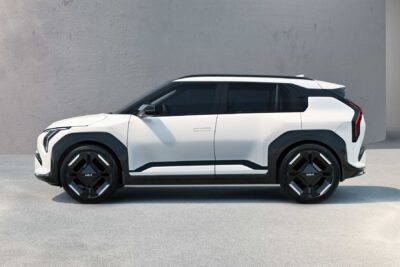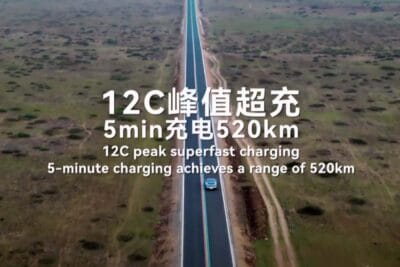German courts challenge Renault over remote battery termination
The German Federal Supreme Court is hearing a case to decide how much power manufacturers have over vehicle batteries in a lease. The court will decide whether it is legal for the battery of an electric vehicle to be remotely turned off in the case of an extraordinary termination of the lease.
In Renault’s terms and conditions, there is a part that says that the recharging option for the batteries can be blocked in the event of an extraordinary termination of the contract. Customers are to be informed of this 14 days in advance, possibly at the same time as the termination. This is likely to be illegal, as there is no possibility to swap the battery and the burden of proof lies solely with the customer.
The defence compared the procedure to switching off a coin-operated washing machine or blocking a lost smartphone and appealed to the fact that it would only block the battery after effective termination. In this way, it would prevent the battery from being recharged, which reduces its charging capacity and thus the value of the vehicle.
The judges plan to officially announce their ruling on 26 October.
Update 26 October 2022
The German Federal Supreme Court has ruled that lessors of batteries for electric cars are not allowed to switch them off by digital remote access, even after a contract has been terminated. The judges further declared that any clause to this effect in the General Terms and Conditions was invalid. By switching off the battery, the entire car would no longer be usable and the burden of action would pass on to the driver. The court decided this was an unreasonable disadvantage to the consumer
heise.de, bundesgerichtshof.de (both in German), heise.de, bundesgerichtshof.de (both update in German)





1 Comment